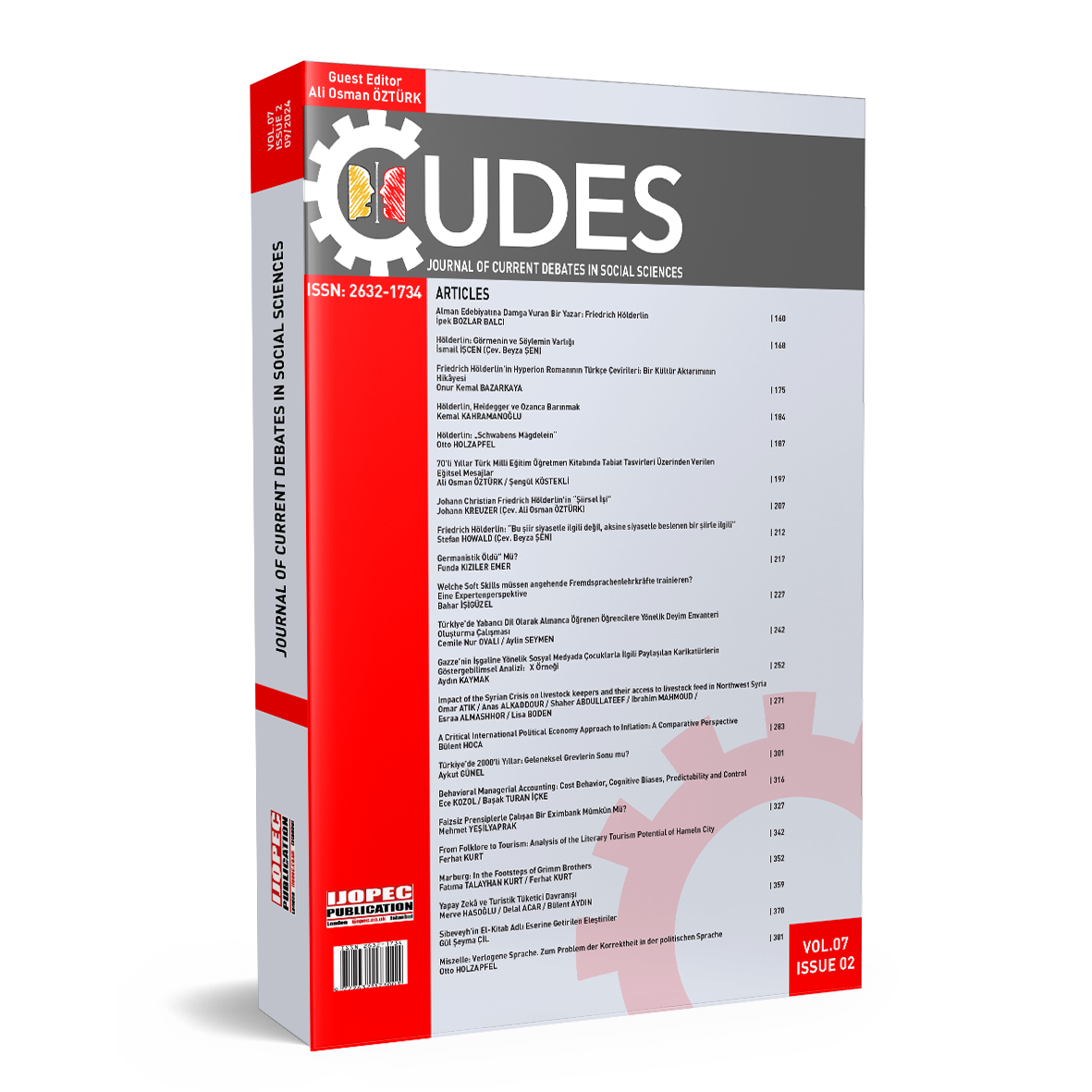Author :
Abstract
Keywords
Abstract
The advent of the behavioral aspect in accounting and finance highlights the recognition that investors and managers do not always act rationally. Decision-making processes are acknowledged to be influenced by a combination of rationality and emotions. In this behavioral perspective, individual biases can impact managers, hindering them from making decisions solely on a rational basis. The objective of this paper is to provide a literature review of the main studies performed in the field of behavioral managerial accounting; in particular, the relationship between the behavior of costs, the cognitive biases individuals utilize, the accuracy of cost prediction and control issues. The paper starts by giving a historical review of the origins of behavioral managerial accounting, the first studies conducted in this field, and then it continues to review the main studies performed about the effect of cognitive biases on cost behavior, cost predictability, and control issues. Although this paper itself is not an empirical research, it provides insights into the main research performed. It draws the attention of academicians to the most important considerations to think about when performing further studies in the future.





